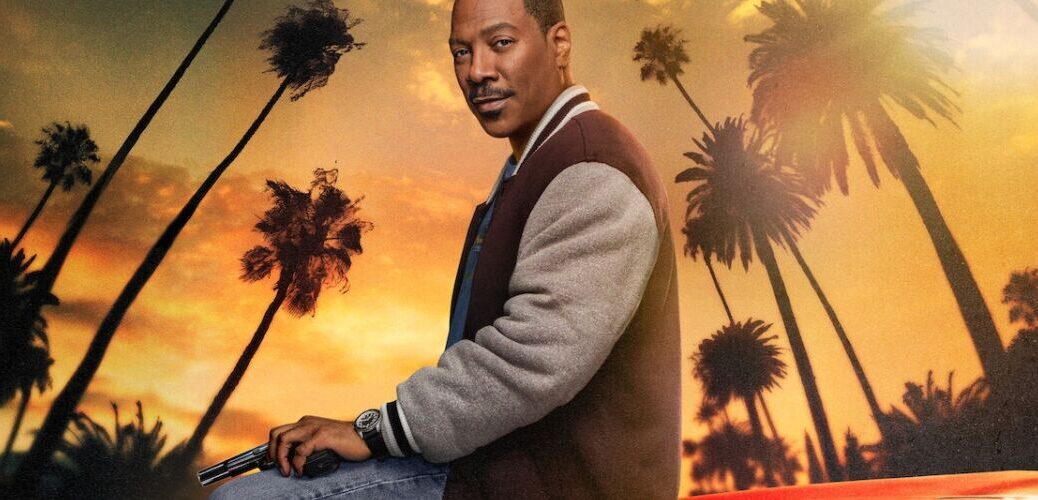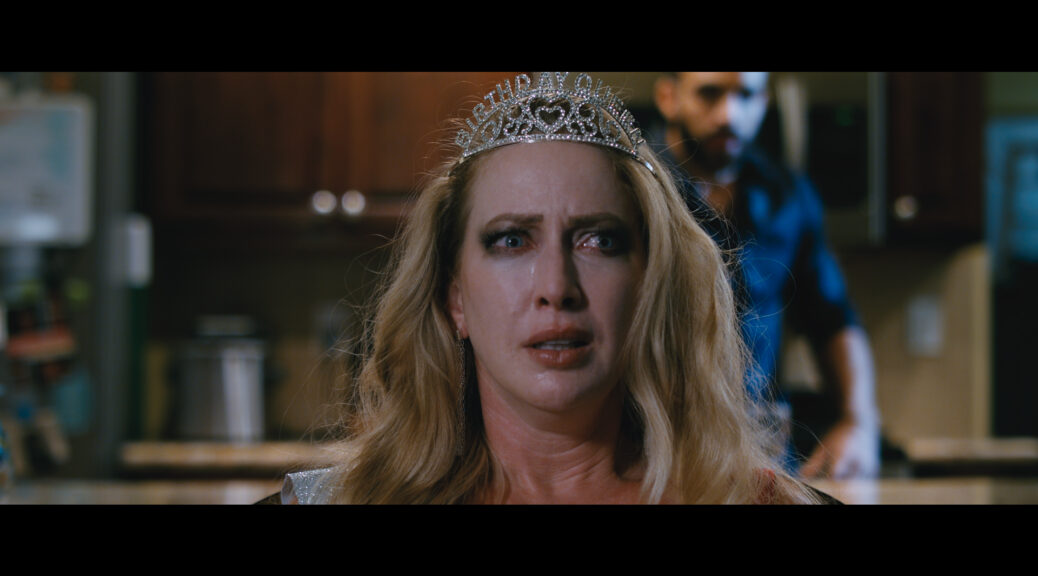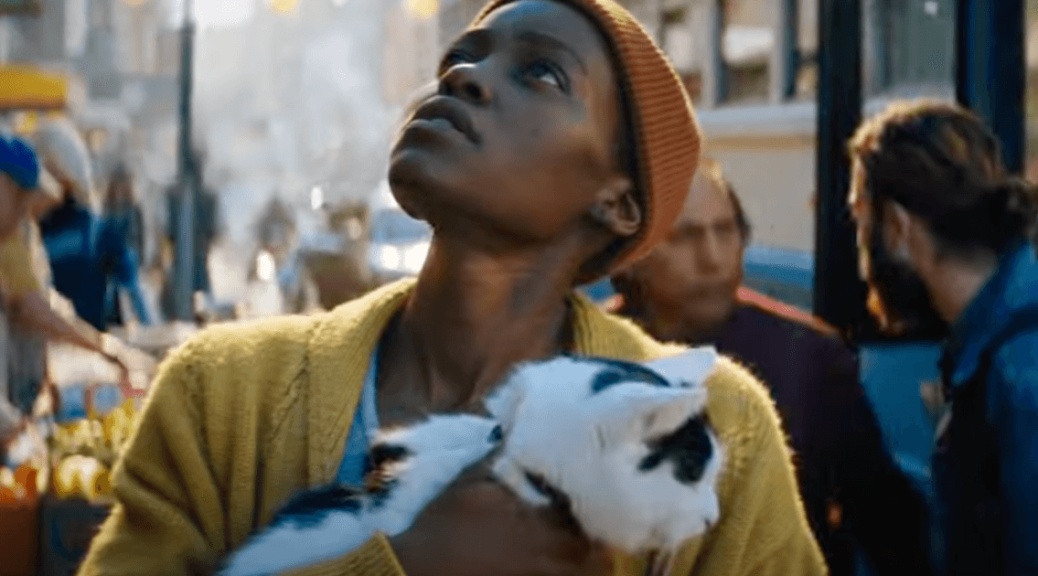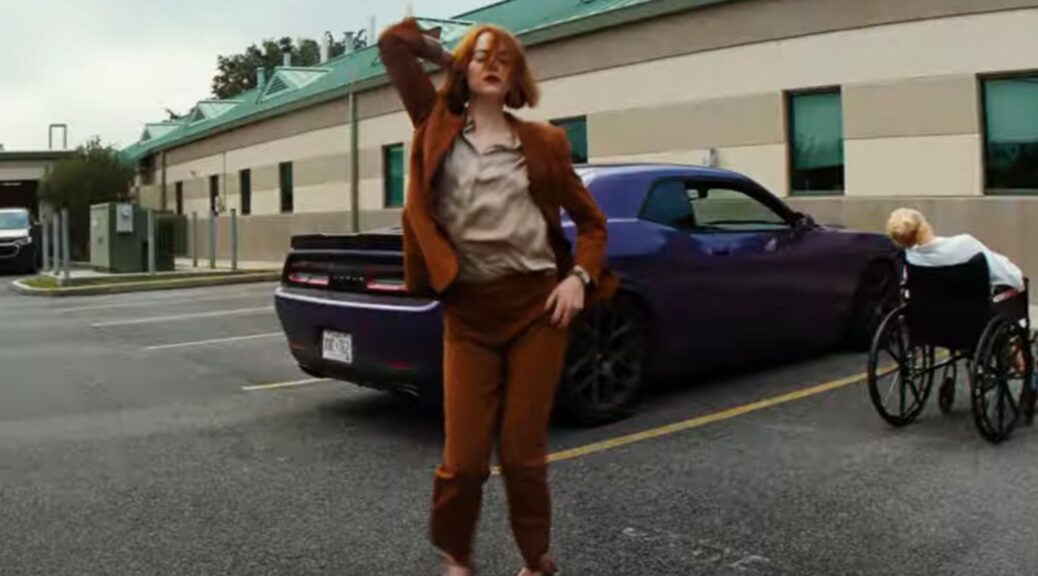The Outlaws
by Rachel Willis
Who stole the loot? It’s the question at the heart of The Outlaws, co-directed and co-written by Austen Paul and Joey Palmroos (with a third writing credit going to Andres Holmes).
This movie is a mess. Is it a case of too many cooks in the kitchen—or rather, too many writers with different ideas smashed together into one movie? From the unnecessary narrator to the jumps backward and forward through time, there are a lot of moving parts in a movie with such a short runtime.
That’s not to say that none of it works. Most of the backward jumps offer a glimpse of our characters and how they ended up in the present situation. That present situation being that after a train heist, the money goes missing, and it’s crook against crook while we watch the tension build (just not very well).
But there are also unnecessary time jumps that don’t add anything to the story nor move it forward. There are also fake outs that create confusion. At one point, the narrator spends time narrating a false ending with a line something along the lines of “this is one way the story could have ended but did not.” Really?
Our primary outlaws are Wild Bill Higgins (Arthur Sylense), JT Tulsa (Dallas Hart), Boone Collins (Jonathan Peacy), and Henriette Parker (Celeste Wall). You’ll hear both their first and last names a lot just in case you forgot them in the smorgasbord of characters. Of these four main characters, Boone Collins is probably the most fun, as Peacy brings a lot of life to this outlaw. The others are a mishmash of characters you’ve seen before, and it might be for the best that their names are repeated so frequently. They’re a forgettable lot.
The film is not helped by the late arrival of Eric Roberts as Bloody Tom. He’s about as menacing as a puppy, so his presence does nothing to amplify the non-existent tension. On occasion, Sylense imbues Higgins with some genuine menace, but it’s too inconsistent to elicit any edge-of-your-seat suspense.
This is one of those films that tries hard to thrill you but sadly falls very short.












